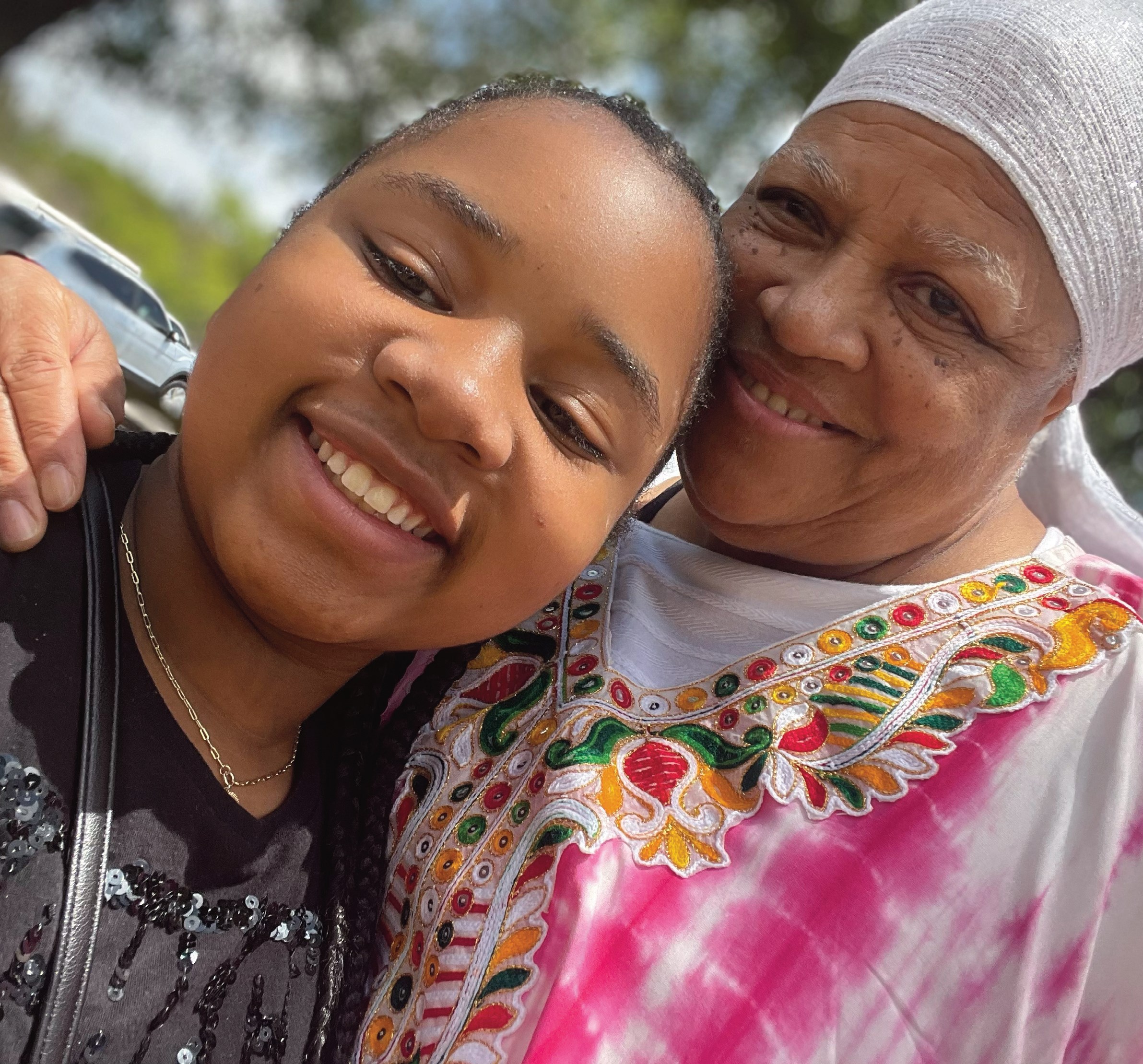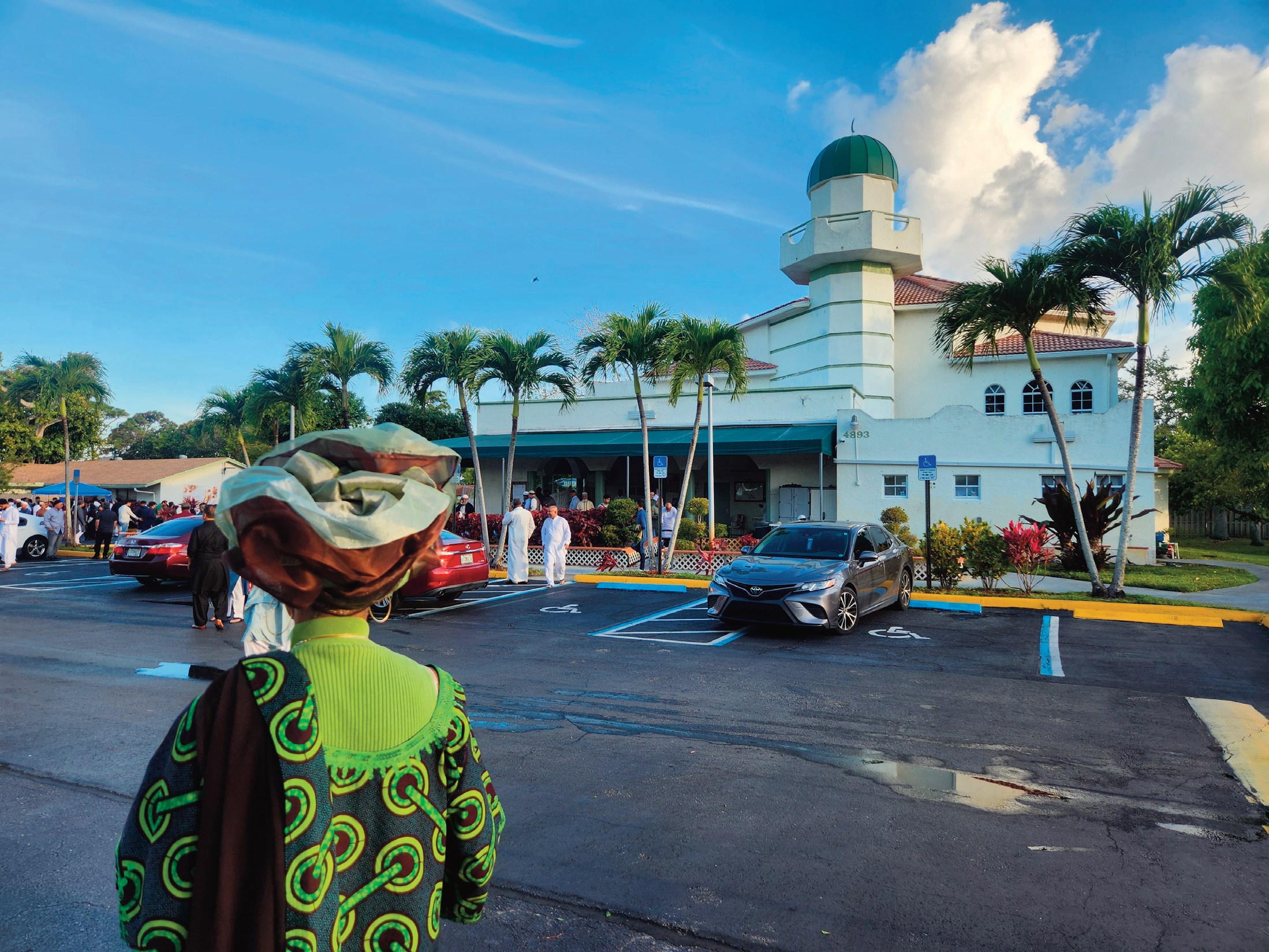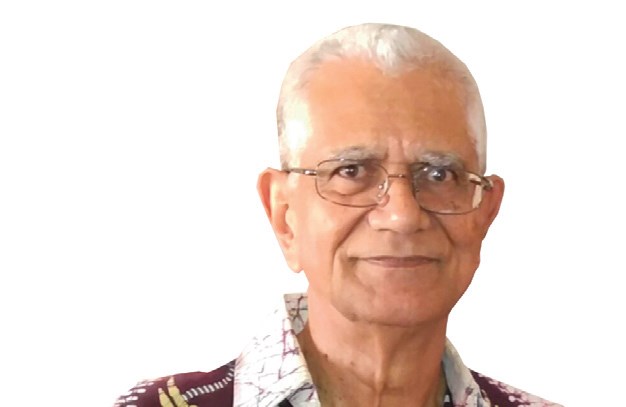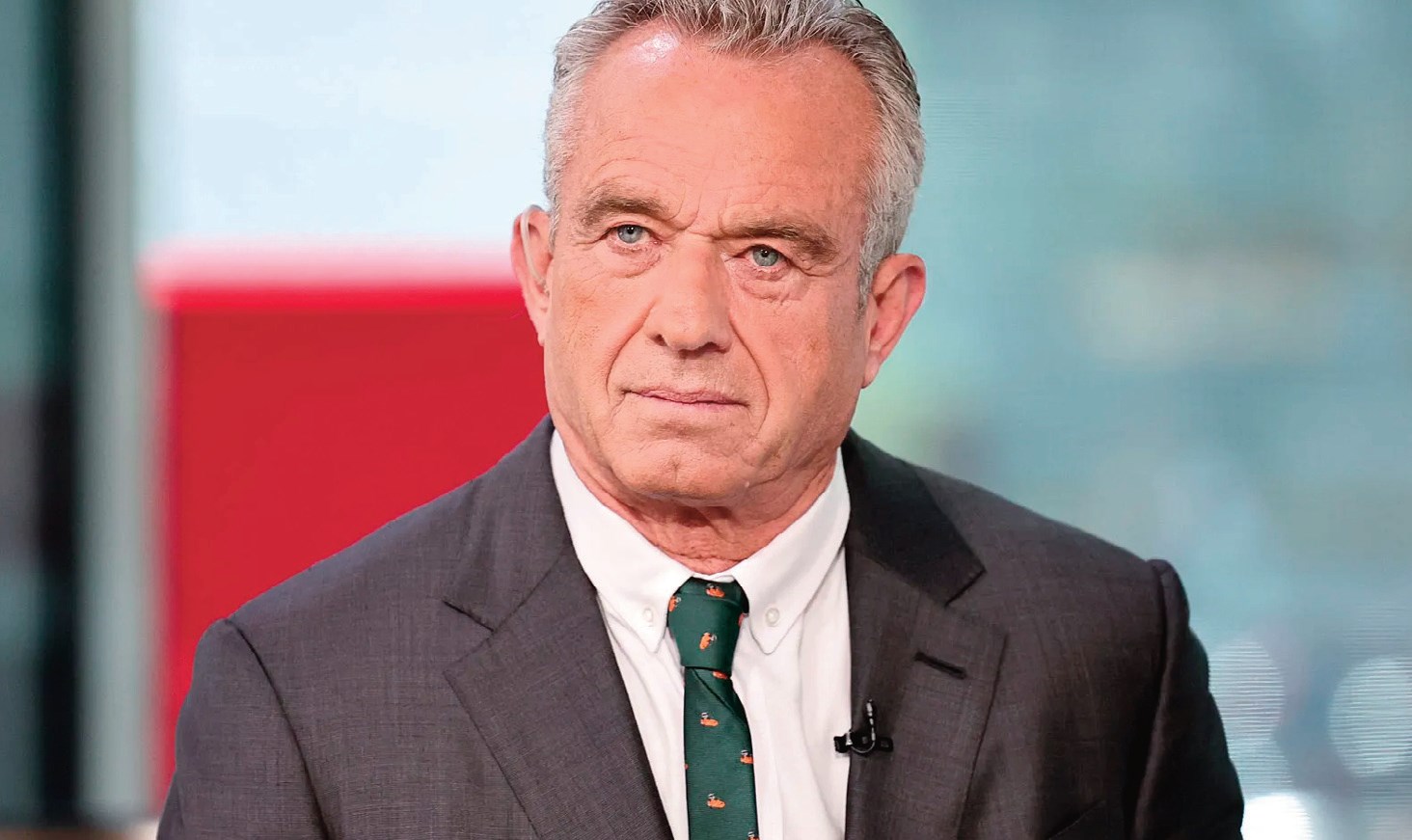If there was any lingering doubt as to why the Guyana government tried every available tactic to stall for more than a year the holding of elections after being defeated in a no-confidence vote, the answer came on December 20.
That is when ExxonMobile and its partners started pumping oil from recently discovered offshore fields. The tanker Yannis P set sail a month later with one million barrels of light crude bound for a United States-based refinery owned by ExxonMobile. With that shipment, Guyana finally realized a 75-year-old dream of finding oil. About a month later, another tanker, the Cap Phillippe, left with another million barrels of oil – this time belonging to Guyana as its share of the output.
With a 16th discovery of oil offshore, Guyana’s proven reserves total more than eight billion barrels and output will top 750,000 barrels a day by 2025. “Guyana, with a population of less than 800,000, may end up producing more crude per person than any other country in the world,” World Oil reported. Oil will bring in about $270 million this year, rising to $5 billion annually by 2025 and $10 billion by the end of the decade, according to Rystad Energy — in a country whose gross domestic product is about $4 billion.
These developments, coming weeks before the March 2 general elections, provide President David Granger’s A Partnership for National Unity (APNU) party and its coalition partners an incalculable campaign windfall. As some 660,000 Guyanese get ready to vote, Granger can rightly claim the oil started flowing during his watch.
It is not difficult, therefore, to understand why the government used all means available, including a weird numbers game and all legal avenues, to avoid resigning after losing the December 21 noconfidence motion and holding elections within 90 days. That, and the time needed to prepare the voters list, extended the government’s life by 14 months. ExxonMobile and its partners provided a further boost by starting to pump oil months ahead of the projected schedule – and in time for the voting. Oil, meet ballot.
But whether this assures Granger’s relection remains to be seen. Even before the oil started flowing, there were complaints that the oil agreement heavily favors the companies. The United Kingdom-based Global Witness says Guyana will lose up to $55 billion from the deal which includes a two percent royalty and a 50 percent profit share after the companies recover their costs. Further, an ExxonMobile official, Brooke Harris, “wrote the Cabinet memorandum that Minister of Natural Resources Ralph Trotman presented to Cabinet for its approval of the controversial license,” Stabroek News reported.
The government said it “sees no justification to the suggestion that the 2016 Petroleum Agreement is an improper contract.” But Ifran Ali, the opposition People’s Progressive Party (PPP) presidential candidate, said his party will “review” it if elected. There have also been complaints about a lack of transparency over the oil deal. Kaieteur News reported that ExxonMobile announced the oil discovery one day after the government awarded the license.
Other concerns have included the absence of legislation and regulations to govern the oil sector and while Parliament approved the Natural Resource/Sovereign Wealth Fund Act, the opposition and the Private Sector Commission have not named representatives to the enabling committees.
Just how much such issues are weighing on the minds of Guyanese voters is not clear but Stabroek News reported that “poorer Guyanese” want an “immediateterm poverty-alleviation response.” Clive Thomas, presidential advisor on Sustainable Development and State Assets Recovery at the Ministry of the Presidency, has called for every household to be given US$5,000 annually starting in 2025. His recommendation “appears to have secured … much traction among ordinary Guyanese,” Stabroek News said. And, of course, a promise of free money could be a strong vote-getter.
The major parties have not embraced the Thomas plan. Reuters reported that the closest they have come is a proposal by the ruling coalition to distribute cash “for the purchase of essential items” and “conditional cash transfers” for single parents, public transit and elder care” – in a second five-year term. The PPP supports “targeted cash transfers,” also to help the elderly, as well as children and the poor.
Guyanese have traditionally voted along racial lines, mainly for the PPP, whose supporters are mostly Guyanese of Indian descent and comprise around 40 percent of the population, and the Peoples National Congress (PNC) – now APNU — whose supporters are mostly Guyanese of African descent and are around 30 percent of the population. The government has periodically comprised a coalition, especially when headed by the PNC/APNU, because, although the PPP has a built- in racial majority, Guyana’s proportional representative electoral system, in place since at least 1964, awards parliamentary seats based on the number of votes a party receives, not which party wins a majority.
Whether the advent of billions of dollars in oil wealth will change that dynamic and push race to a back seat in deciding which party will be the better steward of the nation’s new wealth remains to be seen. Perhaps the elections may even result in a historic coalition between the PPP and PNC/APNU. It could happen.













No Comment